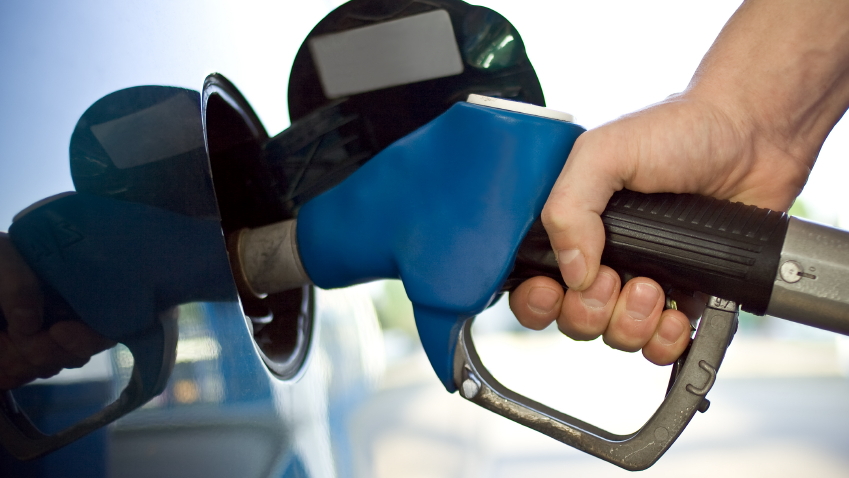Innovative Strategies to Alleviate Energy Poverty
A Vision for a Sustainable Future
The global issue of energy poverty continues to plague communities around the world, hindering progress and perpetuating inequality. However, amidst this challenge lies an opportunity for change – a chance to revolutionize energy access through the utilization of distributed renewables. By harnessing the power of renewable energy sources such as solar, wind, and hydroelectricity on a local scale, we can empower communities and pave the way towards a sustainable future.
Empowering Local Communities Through Self-Sufficiency
One key aspect of utilizing distributed renewables is their ability to provide self-sufficiency to local communities. Unlike traditional centralized power systems that rely on long-distance transmission lines vulnerable to disruptions, distributed renewable energy systems are designed at smaller scales within or near the community they serve. This not only reduces transmission losses but also ensures uninterrupted access to electricity even in remote areas.
Furthermore, by embracing distributed renewables, communities gain control over their own energy production and consumption patterns. They become active participants rather than passive consumers in the global energy landscape. This newfound autonomy allows them to tailor their energy solutions according to their specific needs while reducing reliance on fossil fuels and minimizing environmental impact.
Fostering Economic Growth and Social Development
Beyond providing basic electricity needs, distributed renewables have far-reaching implications for economic growth and social development within these marginalized communities. The establishment of decentralized renewable infrastructure creates job opportunities locally – from installation technicians and maintenance personnel to entrepreneurs who can develop innovative businesses around clean technologies.
This localized approach also fosters knowledge transfer and capacity building among community members as they engage in training programs related to renewable technology installation, operation, and maintenance. By equipping individuals with the skills needed to harness renewable energy, we empower them to become agents of change within their own communities.
A Call for Collaborative Action
While the potential benefits of distributed renewables in addressing energy poverty are undeniable, realizing this vision requires collaborative action from governments, international organizations, and private sector entities. It necessitates investment in research and development to enhance technological efficiency and affordability while also implementing supportive policies that incentivize the adoption of distributed renewable systems.
In conclusion, by embracing distributed renewables as a solution to energy poverty, we have an opportunity not only to provide electricity access but also to empower communities towards self-sufficiency, economic growth, and social development. Let us seize this momentous chance for change and work together towards a future where no one is left in the dark.


